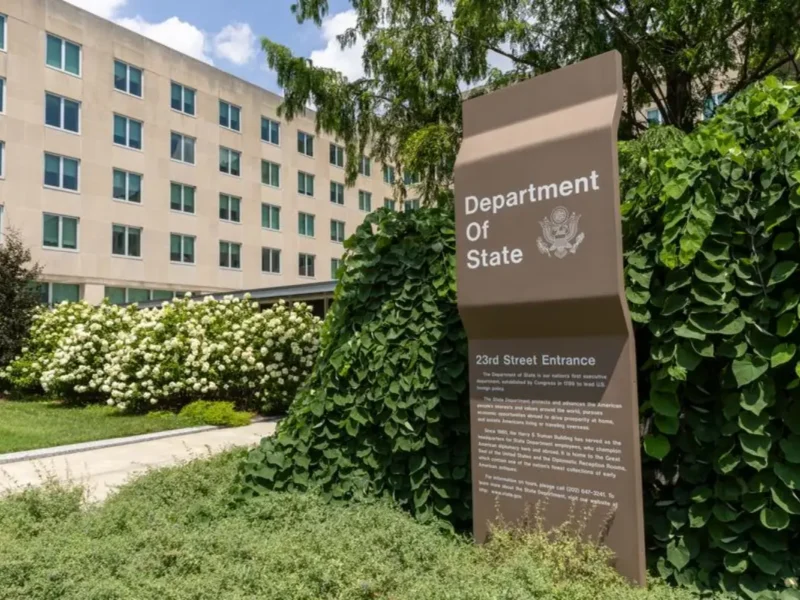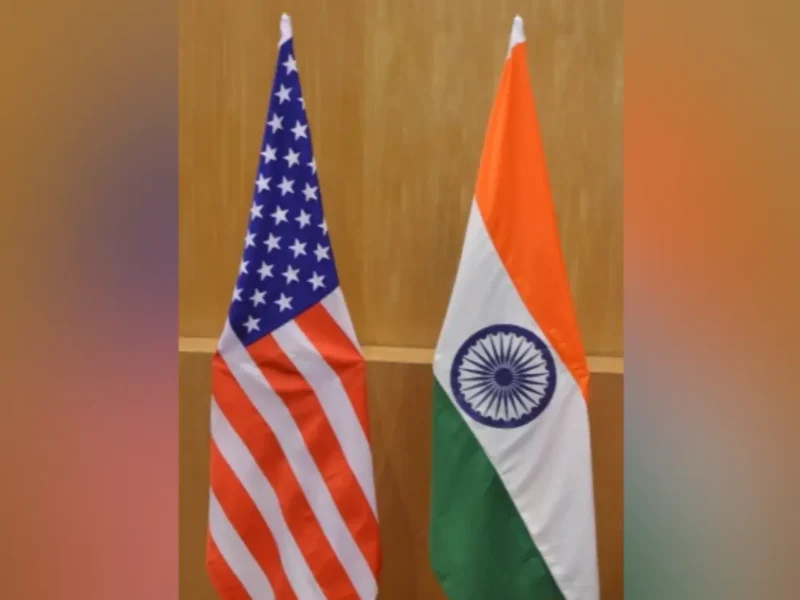
India Watches Closely As New Bill Might Lower Proposed Tax On US Remittances
India-West News Desk
WASHINGTON, DC— India, the world’s top recipient of international remittances, is closely tracking a U.S. tax reform bill that could significantly affect its vital inflow of foreign money. In a key development, the updated draft of the “One Big Beautiful Bill Act” has eased concerns by slashing the proposed tax on U.S.-based remittance transfers to 1%, down from an initially proposed 5%.
According to World Bank data, India received $129 billion in remittances in 2024—more than any other country—and accounted for 14.3% of all global remittances. Notably, 28% of that inflow came from the United States alone, underlining the country’s heavy reliance on Indian workers and professionals abroad.
With about 2.9 million Indian immigrants living in the U.S., many of whom are on H-1B and other temporary visas, the initial proposal to levy a 5% tax on remittances sent via cash, money orders, or cashier’s checks had triggered widespread concern, especially among non-resident Indians (NRIs) and their families back home.
The revised bill now states: “There is hereby imposed on any remittance transfer a tax equal to 1% of the amount of such transfer,” clarifying that the tax is to be paid by the sender. However, the legislation also provides a key exemption: remittances made through U.S.-issued debit or credit cards or from bank accounts are not subject to the tax—offering relief to most routine bank-based money transfers.
The original version of the bill passed by the U.S. House of Representatives in May had scaled the rate down from 5% to 3.5% before this latest revision brought it to 1%. Still, Indian officials and industry stakeholders are watching the legislative process closely, as any financial friction could affect a critical source of foreign exchange and household income for millions of Indians.
With the U.S. being India’s largest remittance corridor, the final shape of the bill will have wide-ranging implications not just for Indian families and professionals, but also for India’s macroeconomics.



